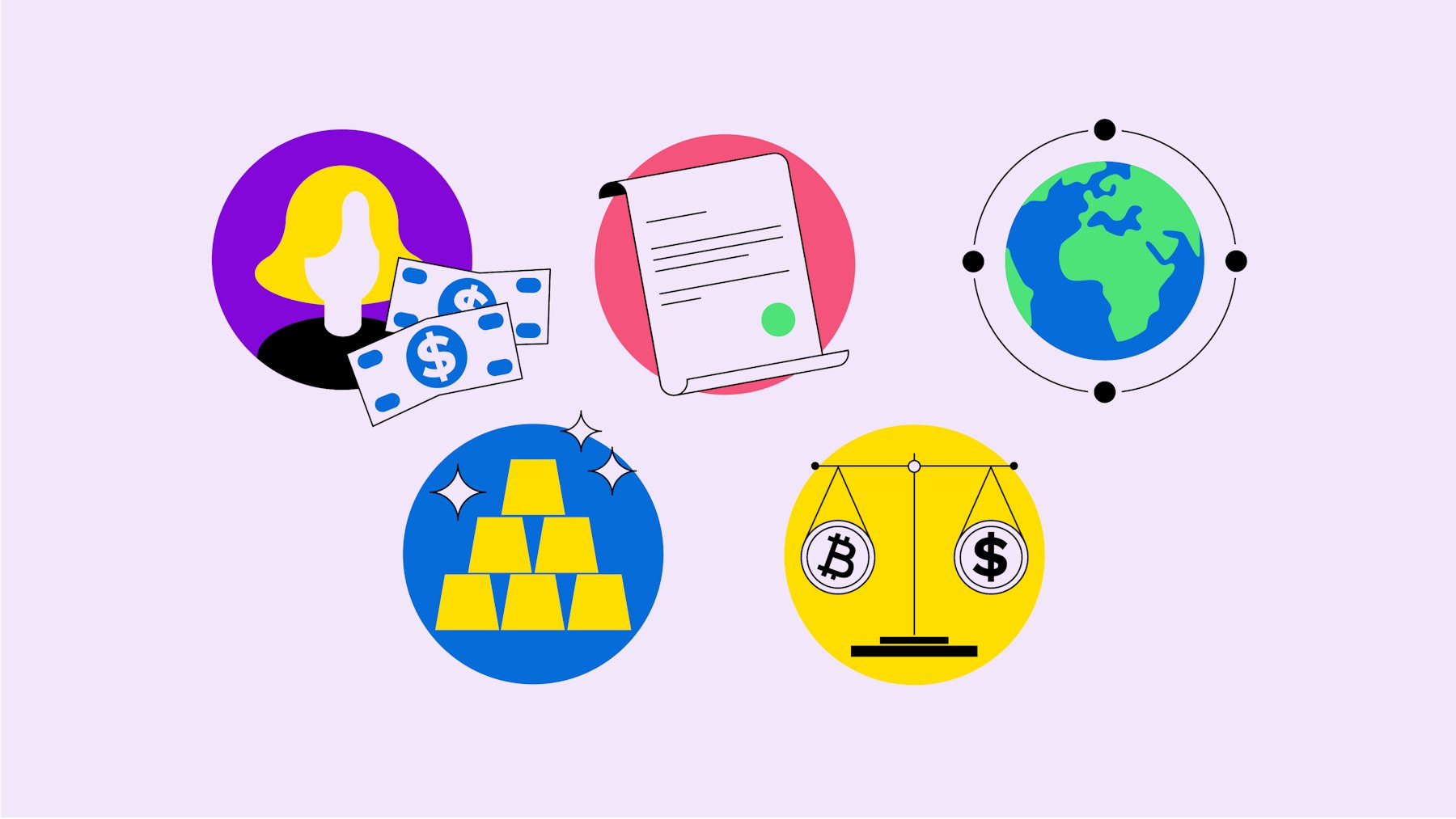The present definition of cryptocurrencies terms them as “digital representation of value” not issued by a central bank or another public authority and accepted by natural or legal persons as means of payment. Cryptocurrencies can be stored, transferred, or traded electronically. However, in most countries, they are not considered currencies in the traditional sense.
Also, besides their function as a medium of exchange (in the form of digital money) and a store of value, cryptocurrencies are products with market value. Thanks to the potential of blockchain technology, a vast range of use cases beyond conventional financial transactions are emerging as the number of applications is increasing at unprecedented rates.
Bitcoin - banking the unbanked
Recent trends indicate that besides in countries struggling with political instability and hyperinflation, there is also formidable interest in Bitcoin in regions where the local population has little or limited access to banking facilities.
Creating a digital wallet to transfer Bitcoin offers people access to a store of value independent of traditional banks.
While in many of those regions economies are still largely cash-driven and people cannot afford to pay for transportation to visit banks for registration, the number of those who have access to or own mobile phones is increasing. Thus, using digital wallets to transfer Bitcoin independent of traditional banks may provide a viable alternative for people without a bank account to participate in finance and to create a store of value.
Ethereum - a decentralised network for applications and smart contracts
Bitcoin may have started the cryptocurrency revolution all but it was Ethereum that pushed cryptocurrencies into a true industry. Thanks to Ethereum’s unofficial status as the “world computer” for decentralised applications (DApps), the popularisation of smart contracts and introduction of the ERC20 standard for tokens, the Ethereum network currently provides the world’s leading platform for distributed computing.
The Ethereum network currently provides the world’s leading platform for distributing computing.
The ERC20 standard and smart tokens are the technological foundation of blockchain-based assets such as utility tokens, which convey holders the right to use DApps or preferential access to the services of cryptocurrency ecosystems, online games such as CryptoKitties and security tokens, which transfer investors shares of the company issuing the token.
IOTA - connecting services and resources in the IoT
The IOTA project behind the Tangle, an open-source distributed ledger, has the objective of creating an environment in which machines trade services and resources with each other. One use case for IOTA which is already underway in real life, is IOTA’s partnership with a prominent car manufacturer to test employing “smart wallet” technology in the scope of connected car services.
IOTA aims to create an environment in which machines trade services and resources with each other.
Drivers are able to earn credits that they can use to digitally pay road tolls, smart charging or parking fees using their mobile phones. They receive these credits by enabling their vehicles to report data on road conditions to entities such as highway departments, road maintenance authorities and others.
Another of IOTA’s Tangle use cases involves building a self-sufficient, energy-positive community in Trondheim, Norway. Based on the assumption that office buildings are responsible for 40% of global energy consumption, the project has set out to upgrade such buildings from being energy wasters to become producers instead, even supplying surrounding buildings with decentralised, sustainable electricity. All in all, the project is expected to generate more renewable energy within 60 years than the total amount of energy that is needed to build, maintain and demolish the building.
